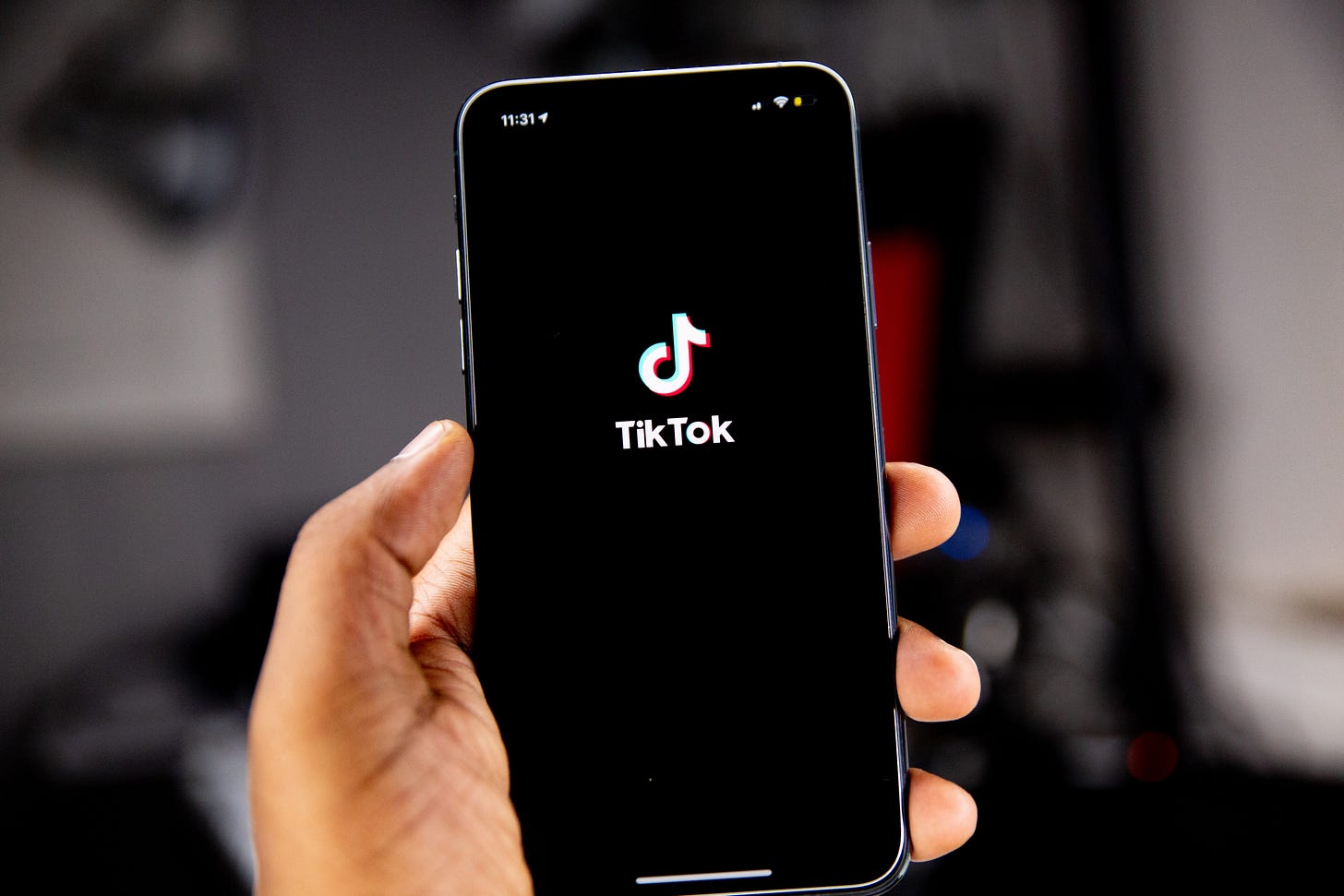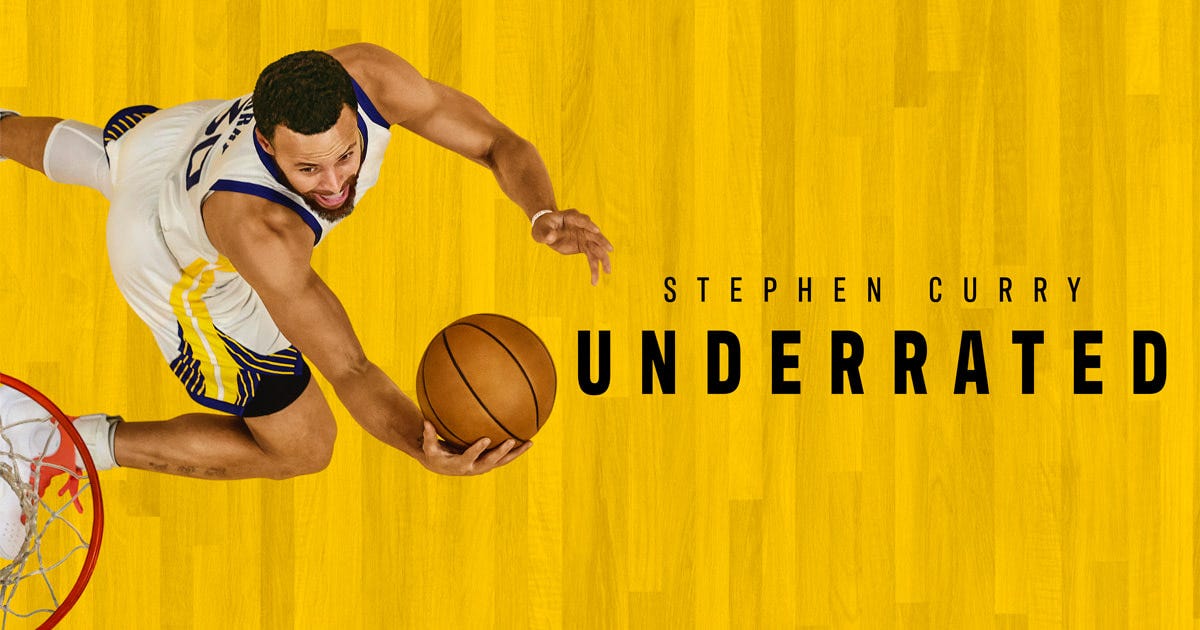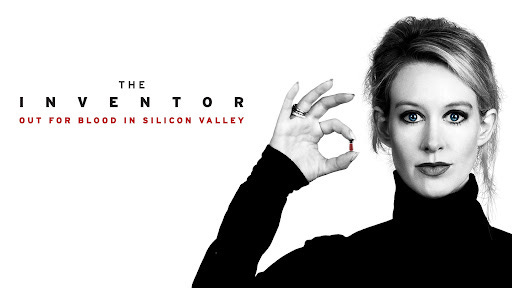Brand Building Isn’t Just for Companies. It’s For You, Too
Why Personal Brand Development is Shaping the Future of Marketing
Brand Building Isn’t Just for Companies. It’s For You, Too
Last week I was walking through San Francisco and witnessed a group of teenagers doing a choreographed dance in Golden Gate Park. A few steps later, I walked past a woman posing for a photo in front of the Ferris wheel, holding what appeared to be some type of lip gloss (not sure how those, together, are relevant). And, finally, around the corner there were a group of guys with golf bags preparing for their third attempt hitting the perfect chip shot across the pond.
What do all of these have in common?
For one, they were all conducted using the same device: a smartphone. Second, there were no professional photographers, videographers, camera crews, or green screens. Just the phone and participants. Last, and perhaps most importantly, they all were sharing, or promoting, something.
What is that something? A product? A service? An experience? A laugh?
In today’s post, I discuss how brand building is not solely reserved for large corporations, startups, or well-known influencers – it’s for you, too. I will begin by unpacking the evolution of content creation, then move on to dissecting how content creators build brands, and last, I explore the future of brand development.
Let’s dive in.
Everyday Life in Pixels
It all started with pen and paper. Then the camera. Then video. Then, the smartphone – two-in-one! Then social media (Myspace, Friendster, Facebook, Twitter). Then live streaming (hello YouTube, Instagram, Flickr, Vine, Snapchat, Twitch). Then ephemeral content (Snapchat and Instagram Stories). And now…TikTok?
Gone are the days of handwritten journals and physical photo albums. Today, we chronicle our lives in digital diaries that encompass everything from social media posts to blogs/vlogs, podcasts, tweets and stories. Social media platforms have become a canvas for sharing snapshots of our lives, while platforms like YouTube and TikTok enable users to share experiences through video. These digital chronicles offer an intimate and real-time glimpse into our daily routines, capturing both mundane moments and special events.
The evolution of content-sharing, from information with a close set of friends (Myspace) to experiences with strangers across the globe (TikTok), has caused content creation to shift from being done by corporations and marketing teams, with no lived experiences documenting the product they are promoting, to individuals. How did this happen?
As content piled up online, two things occurred. First, companies began advertising on social media and partnering with content creators, whereby the term influencer was born. Second, the content itself became more intimate – from words, to pictures, to videos, and to now, livestreams. The evolution from content being created and pushed by companies to individuals has begun to impact more than just advertising.
How Content Creators Build Brands
Nowadays, it seems as though individuals – from influencers to non-influencers – live as though they are creating a documentary. Why? Most people have access to a phone, are on social media in some form, and are plugged into the social, global network. Each time an action is performed on a digital network, that engagement gets added to the database of preexisting actions. As such, it is natural to see how individuals are now becoming marketing machines for not only the companies they work for, but for themselves.
Let’s take a few examples.
Let’s start with Shaquille O’Neill, a well-known, retired professional basketball player. Shaq earned a living making $15 million per year playing basketball, then made $60 million per year through businesses, and now earns an undisclosed amount through his documentary on HBO, released in November 2022.
Let’s move on to Steph Curry, a future hall of famer currently playing in the NBA. Curry makes over $50 million per year playing basketball, another $50 million through endorsement deals and other partnerships, and an undisclosed amount from his recent documentary on Apple TV+, released in July 2023.
Last, let’s take a look at Jake Paul. A polarizing figure who became popular posting Vines on social media with his brother Logan in 2013. He quickly gained popularity, transitioning his fanbase and content machine to YouTube. From YouTube, Paul realized he could monetize his own personal brand further by getting into boxing. Paul began boxing as an amateur against other YouTube influencers in 2018, and then ramped his boxing career up to the next level by turning pro in 2019 and winning 7 out of his first 8 bouts.
What is fascinating is how Paul created an empire through his own brand. Through social media, Paul earns an estimated $45 million per year through YouTube, partnerships, and advertising. Through boxing, Paul earns upwards of $30 million from some fights. And, last, Paul debuted a documentary on Netflix earlier this month, which he is slated to earn royalties, fees, and commissions from
What am I getting at here?
There has always been a natural progression for athletes, actors, and public figures to transition their post-career lives to further monetization. What is becoming more common, and what I see as having potential for future growth in personal brand development, is for non-public figures to engage in similar documentary-style behavior on social media and for the public to consume.
And, where consumers go, the money follows.
The Future of Brand Building
The future of building successful brands will look a lot more documentary-like. Consumers are demanding more specialized, curated content both short-form (YouTube, TikTok, stories), medium-form (podcasts, mini-series) and , long-form (documentaries, docu-series, and reality-documentation) content. As such, we have seen companies capitalize on the changing consumer preferences.
For instance, let’s look at the world of sports entertainment. Starting in 2001, the NFL partnered with HBO to create the first season of Hardknocks, the reality sports documentary television series revealing the ins and outs of one NFL team’s training camp for the upcoming football season. Since then, reality sports documentaries have exploded in popularity and in media assets: Netflix’s F1 in 2019, Break Point, Full Swing, and Tour de France in 2023.
Moving on to the world of business and technology, a similar pattern followed that of what occurred in sports entertainment. Content companies, such as Netflix, Disney, and Showtime, chased after creating dramatic docu-series’ following the journeys of three wildly popular and failed startup business ventures. Only this time, the content publishers employed actors and actresses to dramatically recreate the stories of what happened to these businesses, instead of the casting the real people as is normally done in traditional documentaries.
Starting in 2019, Hulu released The Inventor, following the enigmatic founder and CEO Elizabeth Holmes’ path to founding the now-defunct company, Theranos. In 2021, Hulu released WeWork highlighting the making and breaking of a technology unicorn. And, last, in 2022, Showtime released SuperPumped, covering the meteoric rise and fall of Uber founder Travis Kalanick.
We are heading towards an era where content created by experts, or by those who consider themselves expert-level, will trump content from big brands, fancy marketing, or – worst of all – from influencers who do not actually use the product, are an expert in the domain, or have real experience in what they are sharing.
Too often in the past we have seen companies throw money at paid actors, influencers, or individuals to promote their products and services, and that has often been met with success. However, going forward, I predict that as consumers continue to demand more from companies, business will need to shift their marketing, branding, and content development to ensure that they employ the documentary-style method of brand building that’s proven to be successful for individuals like Jake Paul, Steph Curry, and countless others.
What will happen then? User generated content will continue to explode through social media platforms of today, and mass marketing will be turned on its head. Savvy marketing teams such as the team from Barbie have already begun to acknowledge the changing shift in consumer behavior. The future of marketing, I predict, is one where companies shift the burden of marketing and content creation unto users who are strongly passionate, deeply embedded, and likely expert-level followers of the brand.
Conclusion
The evolution of content creation and its impact on brand building has brought about a seismic shift in how individuals and companies engage with their audiences. From the early days of pen and paper to the era of social media and real-time digital sharing, we have witnessed a transformation in how personal narratives are woven into the fabric of brand identity. What was once the domain of large corporations and marketing teams has now become a playing field for individuals to shape their own brands.
This paradigm shift is compelling businesses to rethink their branding strategies. As consumers seek more genuine, intimate, and expert-driven content, the future of successful brand building appears to be firmly rooted in the documentary-style approach. Consumers are gravitating towards content that is authentic, real-time, and crafted by those with genuine expertise and experience. The era of relying solely on paid endorsements and superficial influencer partnerships is giving way to a new era where meaningful, insightful, and expert-level narratives take center stage.
As we step into this new era of brand building, the lessons learned from the likes of Jake Paul, Steph Curry, and the world of sports, business, and entertainment underscore the significance of authenticity, expertise, and engagement. The power of personal narratives, shared through digital diaries and documentary-style content, promises to shape the future of branding, one that is both compelling and profoundly human.










